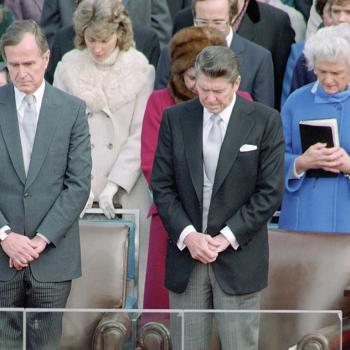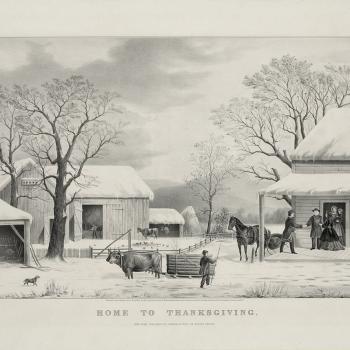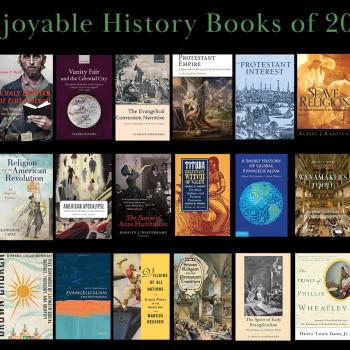November 19, 2013 marks the 150th anniversary of Lincoln’s Gettysburg Address, his most famous speech and one of the most famous in American history. He delivered the speech at the dedication of the Gettysburg National Cemetery, four months after the conclusion of the Civil War’s decisive battle. The renowned orator Edward Everett was the main speaker for the day, giving an entirely-forgotten two hour speech prior to Lincoln’s. Lincoln’s dedicatory address was stunningly brief – about two minutes – but it has resonated, with its biblical cadences, as a kind of “sacred scripture of the Civil War’s innermost spiritual meaning,” as historian Harry Stout has written.
From its Old-Testament style dating of the nation’s founding (“four score and seven years ago”) to its veneration of the field’s “honored dead” who gave the “last full measure of devotion,” Lincoln painted the war and the republic in providential, transcendent colors. Those who perished during Gettysburg’s terrible three days did not die in vain, but had helped to ensure that “government of the people by the people for the people, shall not perish from the earth.”
Though the speech gathered little notice at the time, it was a remarkable rhetorical triumph – a political sermon par excellence in the annals of American speeches. It displayed a theological subtlety and richness that only his Second Inaugural Address would surpass. As Stout notes, some African American Christians did immediately herald the speech, rejoicing that the Union victories at Gettysburg and Vicksburg could signal the end the war between North and South. Hopefully someday, reunion would come and “we shall all be Americans,” the Christian Recorder, a newspaper of the African Methodist Episcopal Church, posited. They might well have been disappointed that, while the war brought emancipation, it did not bring equal opportunity or civil rights to the South, or the nation.
The most striking phrase of the address was Lincoln’s aspiration that, with slavery now in serious jeopardy, the nation could have “a new birth of freedom.” Some might forget that this language was unmistakably referencing Christ’s words in John chapter 3, “Verily, verily, I say unto thee, except a man be born again, he cannot see the kingdom of God.” The specific phrase “new birth” became a staple of Anglo-American religious rhetoric during the Great Awakening of the eighteenth century. Lincoln grew up in a Primitive Baptist family but never joined a church. Yet because of his religious milieu, his insatiable appetite for reading, and inquisitive spiritual nature, he knew the King James Bible backward and forward, and its themes and images suffused his speeches. Here he suggests that not only individuals, but a nation itself, could experience a new birth. This was not so the nation could “see the kingdom of God,” but perhaps that the kingdom’s purposes, in the matter of slavery, could be manifested on earth.
It was a bracing vision, one he needed to cast in order to mobilize northerners to keep sacrificing legions of their sons for the cause of union and emancipation. But even on the 150th anniversary, some Christians might pause at Lincoln’s appropriation of this essential biblical metaphor. For the Christian, the new birth speaks of forgiveness, conversion, and eternal salvation through Christ alone. Lincoln’s new birth served the purposes of nation, civil spirituality, and war, however noble that war’s aims. Lincoln was probably the most skillful proponent of that kind of civil spirituality in American history. But what is lost when the new birth becomes tied to a nation’s history, rather than a redeemer’s saving work?
See also Richard Gamble, “Gettysburg Gospel,” The American Conservative












